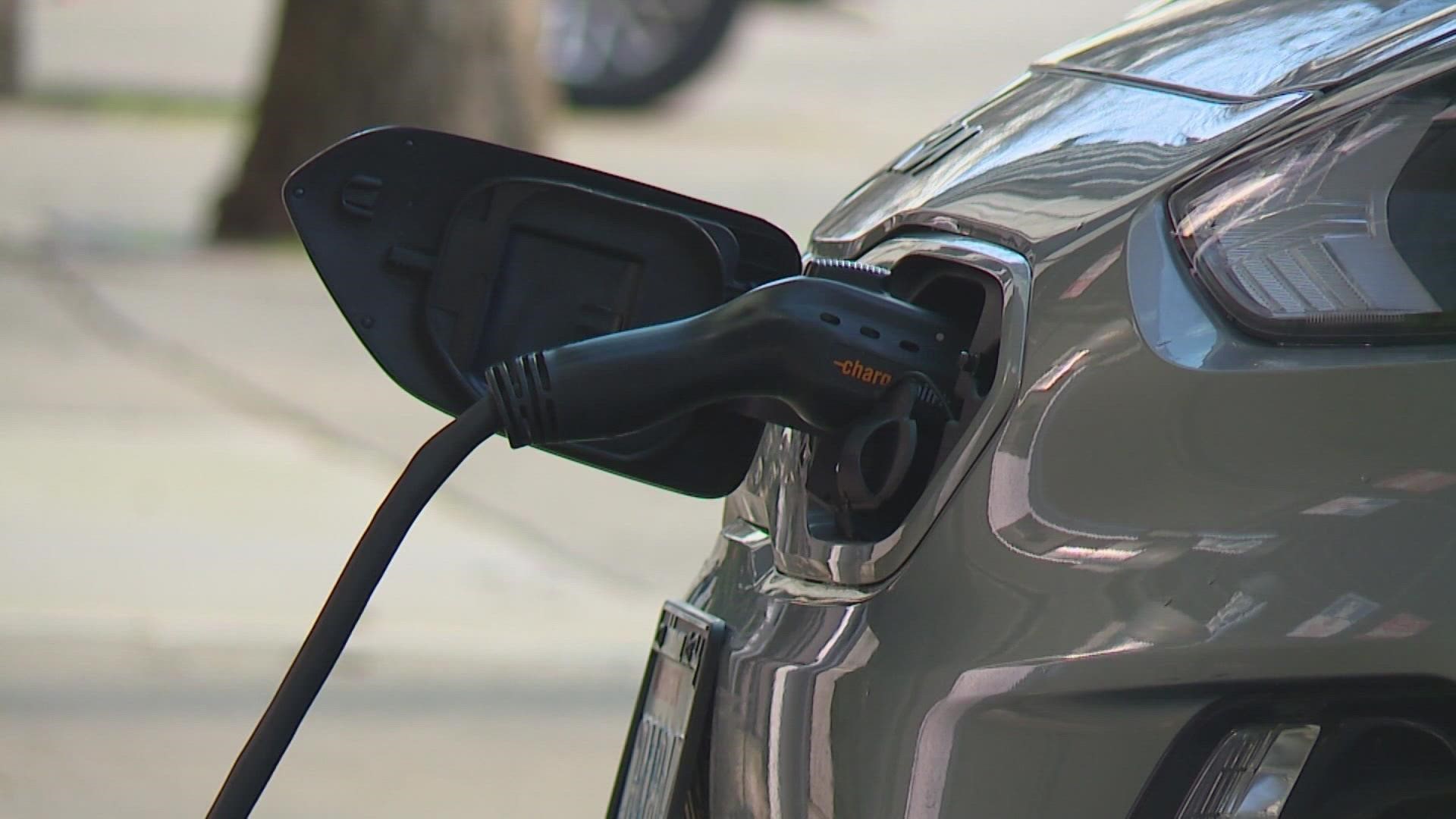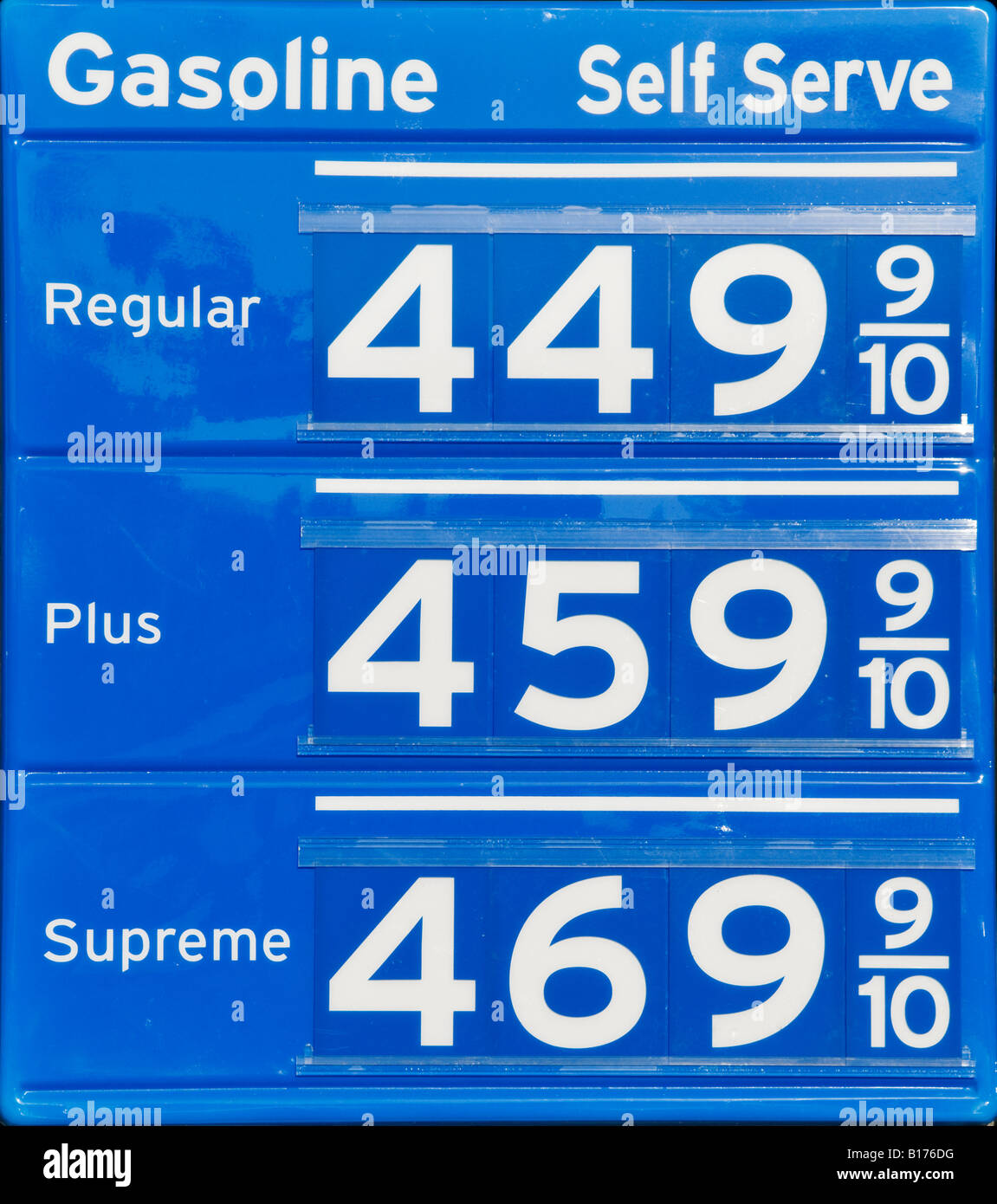Car Dealerships Step Up Pressure Against Electric Vehicle Regulations

Table of Contents
Financial Stakes: The Impact on Dealership Profitability
The transition to electric vehicles presents significant financial challenges for car dealerships, fueling their opposition to stricter EV regulations. The core of their concerns lies in the potential for reduced profitability across several key areas.
Reduced Service Revenue
EVs have fewer moving parts and require less frequent maintenance than internal combustion engine (ICE) vehicles. This directly impacts a major revenue stream for dealerships: the service department.
- Reduced repair needs due to simpler designs.
- Fewer oil changes and other routine maintenance tasks.
- Less complex engine diagnostics and repairs.
This shift threatens a crucial revenue stream for many dealerships, driving their opposition to rapid EV adoption and stricter electric vehicle regulations. The decreased reliance on traditional service revenue necessitates a fundamental shift in dealership business models.
Investment in New Infrastructure and Training
Transitioning to EV sales and service demands substantial investments in new infrastructure and employee retraining, placing a significant financial burden on dealerships.
- Cost of installing fast-charging stations for EVs.
- Training mechanics on EV-specific technology and repair procedures.
- Purchasing specialized diagnostic tools and equipment for EV maintenance.
The high upfront costs associated with this transition are a major concern for dealerships, particularly smaller ones, who might struggle to compete with larger corporations who can absorb these costs more easily. The lack of federal and state funding for this transition adds to the challenges.
Inventory Challenges and Uncertain Future
Managing both ICE and EV inventories presents logistical challenges and uncertainty about future demand for dealerships.
- Storage of EVs requires specialized charging infrastructure and considerations for battery health.
- Adapting showroom layouts to accommodate both ICE and EV models.
- Managing fluctuating EV sales due to market factors and charging infrastructure limitations.
This uncertainty adds to their concerns about the future viability of their businesses under stricter EV regulations, driving their opposition to the quick implementation of these policies.
Lobbying Efforts and Political Influence
Faced with these financial threats, car dealerships are actively engaging in lobbying efforts and public relations campaigns to influence EV policies and public perception.
Direct Lobbying of Policymakers
Dealerships are actively engaging in lobbying efforts at all levels of government to influence electric vehicle regulations.
- Financial contributions to political campaigns of candidates opposed to stricter EV regulations.
- Direct meetings with lawmakers to voice concerns and advocate for alternative policies.
- Participation in industry advocacy groups to amplify their collective voice against rapid EV adoption.
These efforts aim to slow down the implementation of stricter EV mandates and shape legislation that favors the continued dominance of ICE vehicles.
Public Relations Campaigns
Dealerships are employing public relations strategies to shape public opinion regarding EV adoption, often focusing on perceived drawbacks of electric vehicles.
- Highlighting concerns about limited charging infrastructure and range anxiety.
- Emphasizing the higher initial cost of EVs compared to ICE vehicles.
- Promoting the perceived benefits and familiarity of ICE vehicles.
Their campaigns are designed to create doubt and uncertainty about the feasibility and desirability of rapid EV transitions, thus slowing down the adoption rate.
Coalition Building with Allied Industries
Dealerships are forming alliances with other sectors that also stand to lose from stricter environmental regulations.
- Collaborating with oil companies, whose revenue is heavily tied to ICE vehicle sales.
- Working with parts manufacturers dependent on ICE vehicle components.
- Partnering with other businesses threatened by the transition to a cleaner energy economy.
This collective effort amplifies their voice and strengthens their political influence in opposing stricter electric vehicle regulations.
The Counterarguments and the Path Forward
While dealerships' concerns are valid, it's crucial to consider the counterarguments and the need for a collaborative path forward.
Job Creation in the EV Sector
The shift to EVs is creating new job opportunities in EV manufacturing, charging infrastructure installation, battery production, and EV maintenance.
Environmental Benefits of EVs
EVs contribute significantly to cleaner air and reduced carbon emissions, playing a crucial role in mitigating climate change – a benefit that far outweighs short-term economic concerns.
Government Incentives and Support
Governments are providing various incentives – tax credits, rebates, and infrastructure investments – to support the adoption of EVs and assist dealerships in the transition. Properly utilizing these incentives is critical to the success of dealerships.
The Inevitability of EV Transition
The long-term trend towards EVs is undeniable, and dealerships must adapt to survive. Ignoring this reality will only lead to further difficulties.
Conclusion
Car dealerships are significantly increasing pressure against stricter electric vehicle regulations due to financial concerns and fear of disruption. While their concerns about the transition are understandable, the environmental benefits and long-term economic potential of EVs are undeniable. Adapting to this shift will require a collaborative approach involving government support, industry innovation, and proactive adaptation from dealerships themselves. Ignoring the growing demand for electric vehicles and continuing to lobby against regulations designed to protect our planet will ultimately hinder the industry's long-term success. The future of the automotive industry depends on embracing the transition to electric vehicles responsibly; dealerships must become part of the solution rather than the obstacle. Learn more about the evolving landscape of electric vehicle regulations and how dealerships can successfully navigate this transition.

Featured Posts
-
 Les Grands Fusains De Boulemane Debat Anime Au Book Club Le Matin
May 22, 2025
Les Grands Fusains De Boulemane Debat Anime Au Book Club Le Matin
May 22, 2025 -
 United Healths Future The Architects Challenge
May 22, 2025
United Healths Future The Architects Challenge
May 22, 2025 -
 From Anfield To Hout Bay Klopps Legacy In South African Football
May 22, 2025
From Anfield To Hout Bay Klopps Legacy In South African Football
May 22, 2025 -
 Record Gas Prices A 20 Cent Jump At The Pump
May 22, 2025
Record Gas Prices A 20 Cent Jump At The Pump
May 22, 2025 -
 Music World Mourns Dropout Kings Adam Ramey Dead At 32
May 22, 2025
Music World Mourns Dropout Kings Adam Ramey Dead At 32
May 22, 2025
